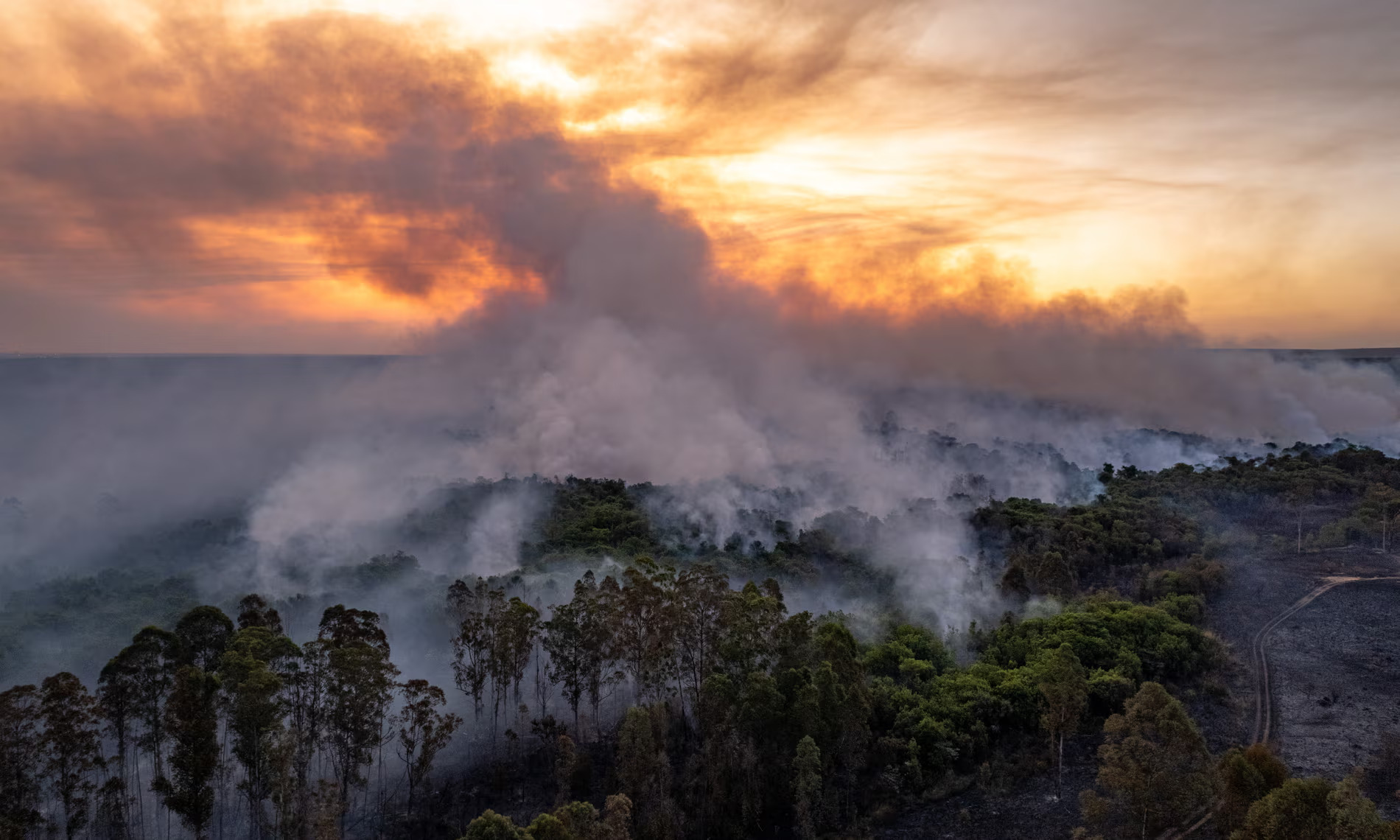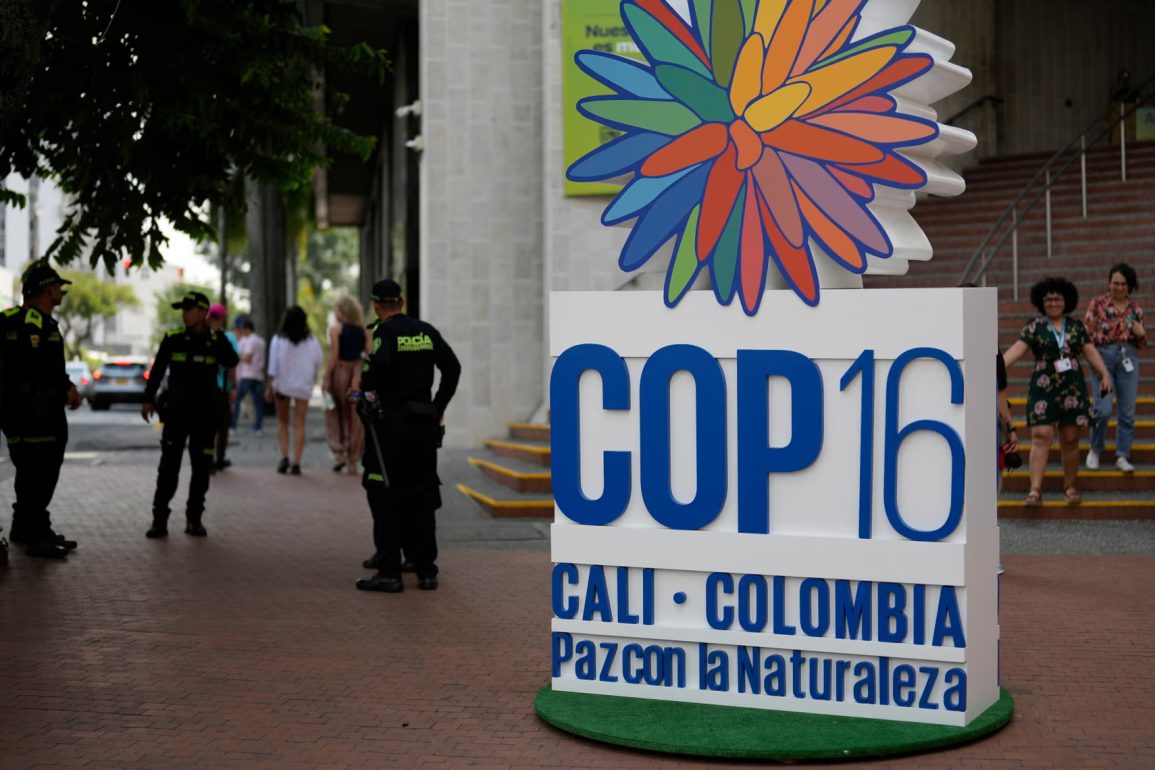The relationship between hope and despair has become increasingly complex in the context of environmental crises. As we approach the United Nations climate and biodiversity conferences, the persistent call for hope appears to overshadow the dire realities of climate instability and biodiversity loss. With rising food prices, dwindling water supplies, and the looming threat of catastrophic tipping points, the Earth is facing unprecedented challenges that demand urgent attention and action.
Hope has become a mandatory sentiment, often promoted by politicians and business leaders who argue that positive thinking is essential for effecting change. However, the reality at these international conferences often reflects grand promises and plans for the future, while immediate action remains elusive. This paradox raises the question of whether the push for hope is, in fact, hindering genuine efforts to address pressing environmental issues.
The article suggests that hope, while a virtue, can also serve as a comforting distraction that numbs our awareness of impending crises. Instead of motivating action, an overly optimistic outlook can lead to complacency, as seen historically with industries that have manipulated hope to avoid accountability. Past administrations, including that of George W. Bush, exemplify how the allure of future technological solutions has often resulted in a lack of necessary action.

Current examples illustrate this potential misstep, such as the UK Labour government’s commitment to costly carbon capture technologies. Critics argue that these measures are more about allowing continued fossil fuel use than achieving substantial emissions reductions. Meanwhile, genuine hope rooted in actionable science—rather than empty promises—could drive meaningful change.
Despite the bleak outlook, there are some positive developments in renewable energy and potential reductions in carbon emissions. However, the coverage of these developments often clashes with stark realities like devastating climate events and fossil fuel expansion. Journalists argue for a more balanced narrative that doesn’t gloss over the present crises while celebrating potential advancements.
The complexities of hope are further highlighted in the context of Indigenous communities, who often view hope through a skeptical lens. Historical experiences of colonialism have led many Indigenous peoples to distrust promises of a better future. Figures like Ailton Krenak emphasize the need for realistic assessments of the present rather than blind optimism about what is to come. This viewpoint challenges the dominant narrative that often prioritizes future aspirations over current challenges.
Cultural perspectives on hope also differ widely. Many Indigenous groups prioritize present relationships and responsibilities rather than future promises. This shift in focus can inspire a more grounded approach to environmental stewardship, where the urgency of current actions takes precedence over speculative futures.
While hope can be a motivating force, it must be approached critically. The tendency to prioritize optimism over reality can foster complacency and hinder accountability.
With the planet facing immense challenges, it’s crucial to cultivate a form of hope that is grounded in present realities and actionable commitments, rather than a vague assurance that things will improve in the future. The urgent need for tangible action against environmental degradation compels us to confront the uncomfortable truths of our situation rather than retreat into comfortable narratives of hope.

